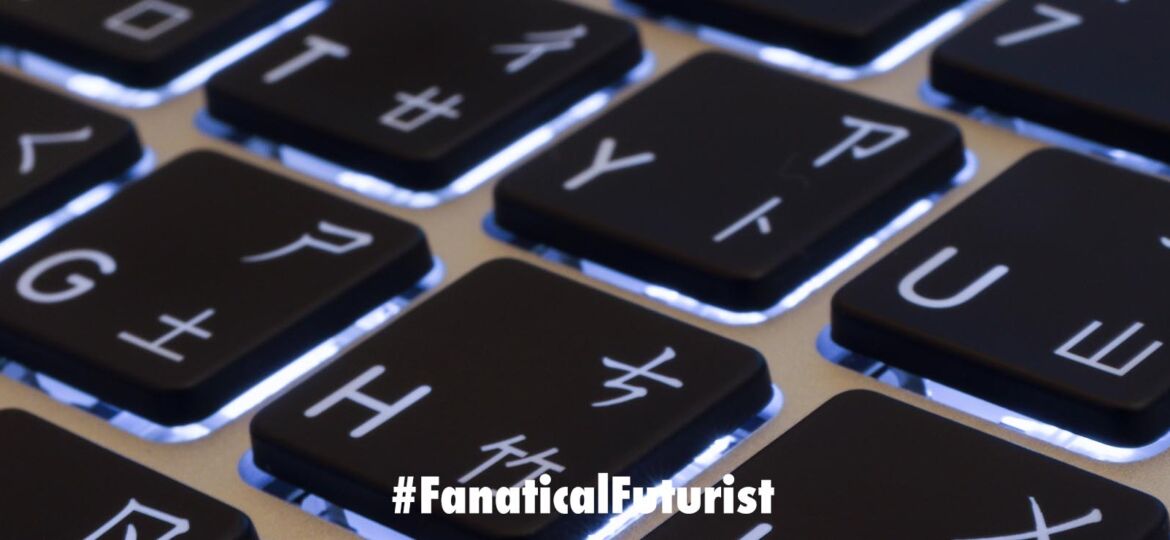
WHY THIS MATTERS IN BRIEF
The greatest interest in ChatGPT ironically came from China, not the rest of the world and now they have a clone …
 Love the Exponential Future? Join our XPotential Community, future proof yourself with courses from XPotential University, read about exponential tech and trends, connect, watch a keynote, or browse my blog.
Love the Exponential Future? Join our XPotential Community, future proof yourself with courses from XPotential University, read about exponential tech and trends, connect, watch a keynote, or browse my blog.
Shares in Baidu soared on Tuesday, after the Chinese search engine giant said it would be launching its own ChatGPT-style service. Its Artificial Intelligence (AI) chatbot called “Wenxin Yiyan” in Chinese or “ERNIE Bot” in English will launch in March, a spokesperson told reporters on Tuesday, adding that the project is currently being tested internally.
ERNIE, which stands for “Enhanced Representation through Knowledge Integration,” is based on a language model that Baidu first developed in 2019, the person added.
We used ChatGPT to write a book
Since then, the ERNIE project has evolved, allowing users to write poems and papers or use text prompts to automatically generate images, according to the spokesperson. It is now in its third iteration.
Language models are trained on vast troves of data online in order to generate compelling responses to user prompts, and researchers are “continuously working” to upgrade the technology to allow it to learn multiple tasks like humans, the Baidu spokesperson said.
The company did not provide details on how the tool would look or whether it would appear as a feature within its popular search engine.
Baidu’s Hong Kong-listed shares jumped by 16% following the news. The company’s AI investments can be seen as “both an offensive and defensive strategic move in China,”said Daniel Ives, managing director of Wedbush Securities. “Chinese Big Tech is battling in this AI race, with Baidu [being] a key player.”
The news follows Google’s announcement that it would unveil its own new chatbot tool dubbed “Bard” in an apparent bid to compete with the viral success of ChatGPT. In a blog post, Google CEO Sundar Pichai said Bard was opened up to “trusted testers” starting Monday, with plans to make it available to the public “in the coming weeks.”
Like ChatGPT, which was released publicly in late November by AI research company OpenAI, Bard is built on a large language model.
In the two months since it launched, ChatGPT has been used to generate books, code, coursework, poems, songs, and all kinds of other things and to answer some questions one might previously have searched for on Google, the dominant search engine.
Microsoft too, is investing billions of dollars in OpenAI. Details of the investment are set to be announced soon, with the tie-up estimated to be in the $10 billion range, according to Ives.
The deal “is a game changer in our opinion for Nadella & Co as the ChatGPT bot is one of the most innovative AI technologies in the world today,” he wrote in a note, referring to Microsoft CEO Satya Nadella.
















